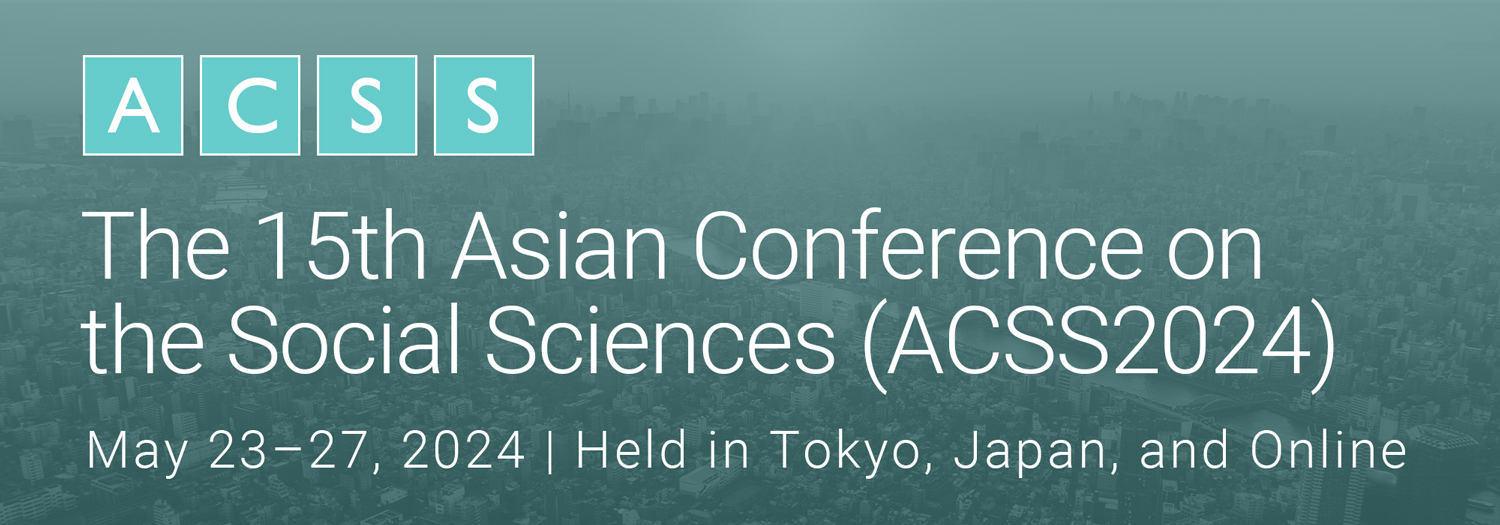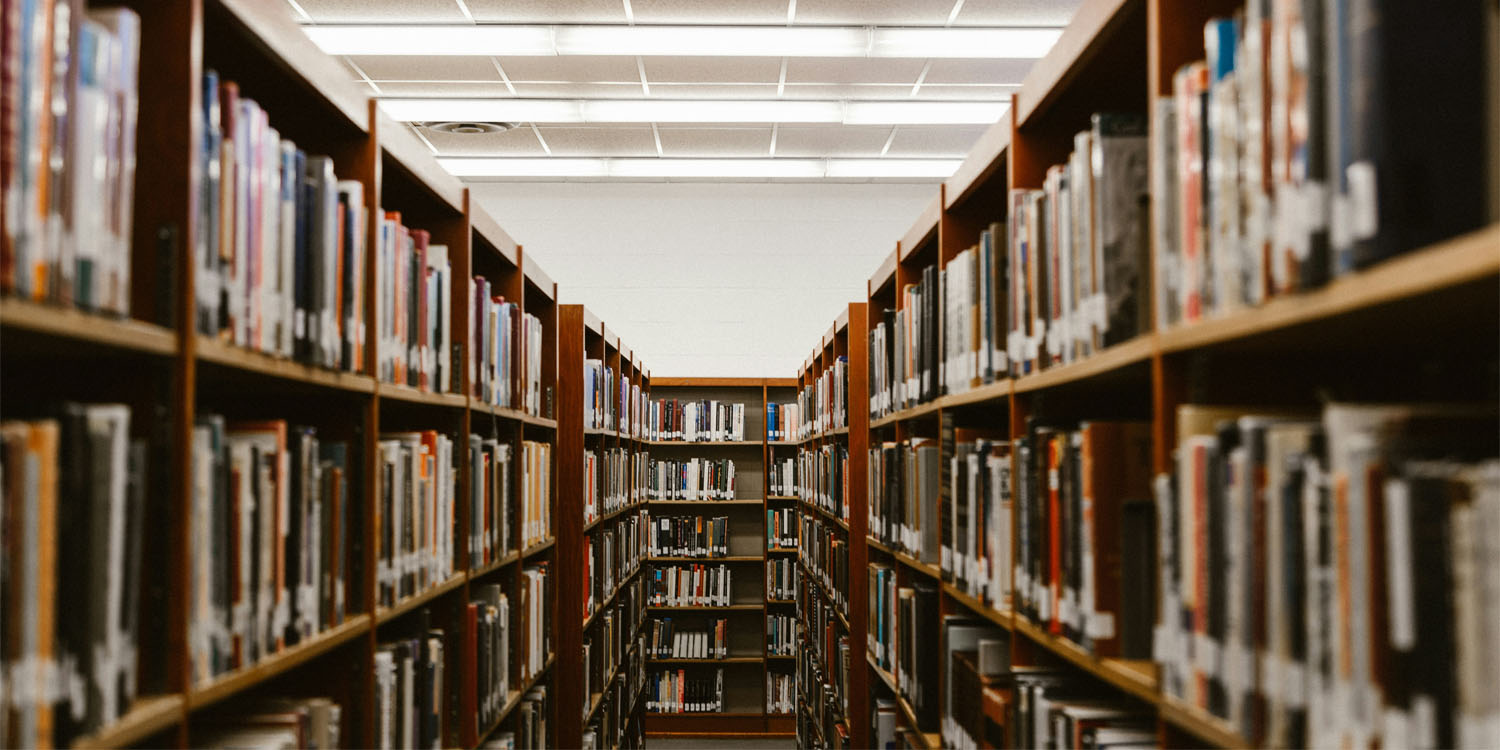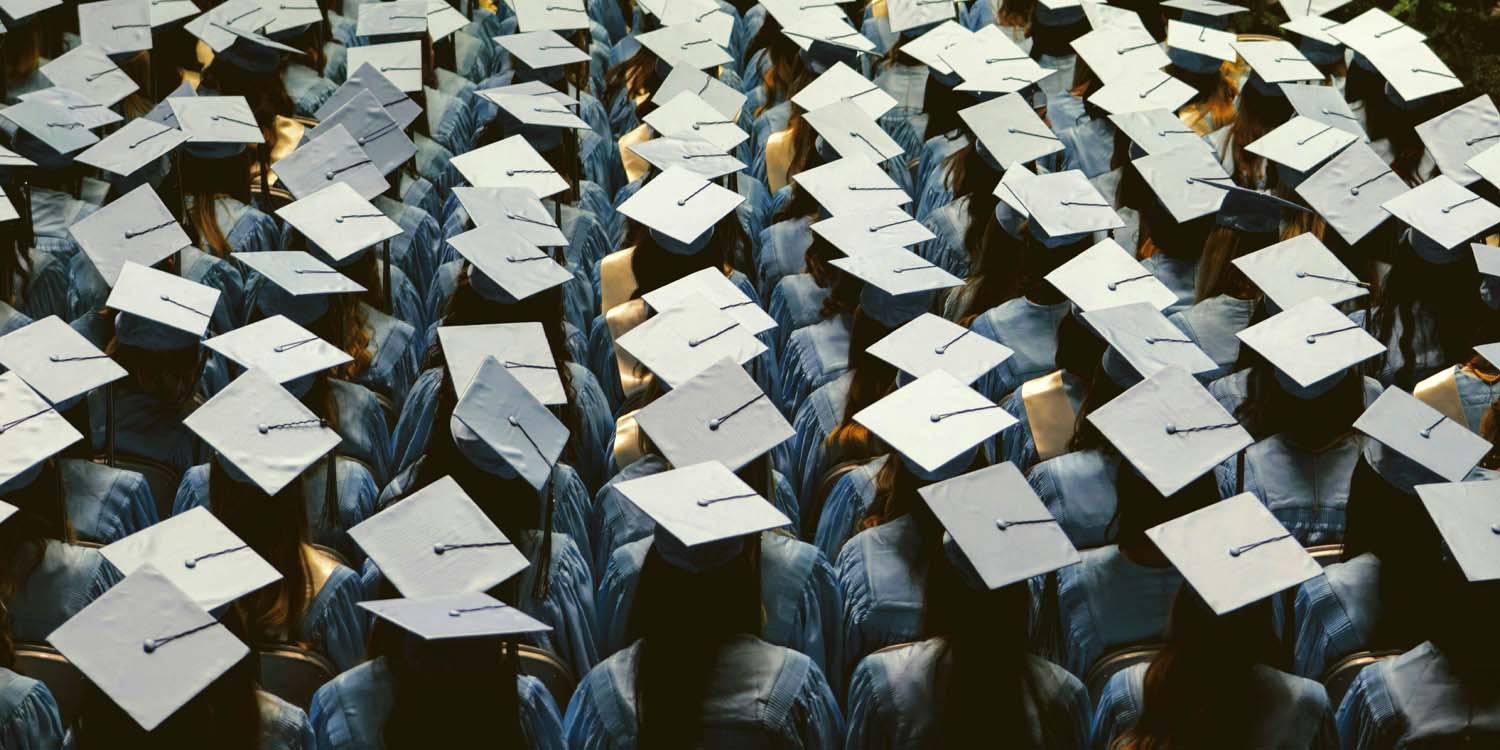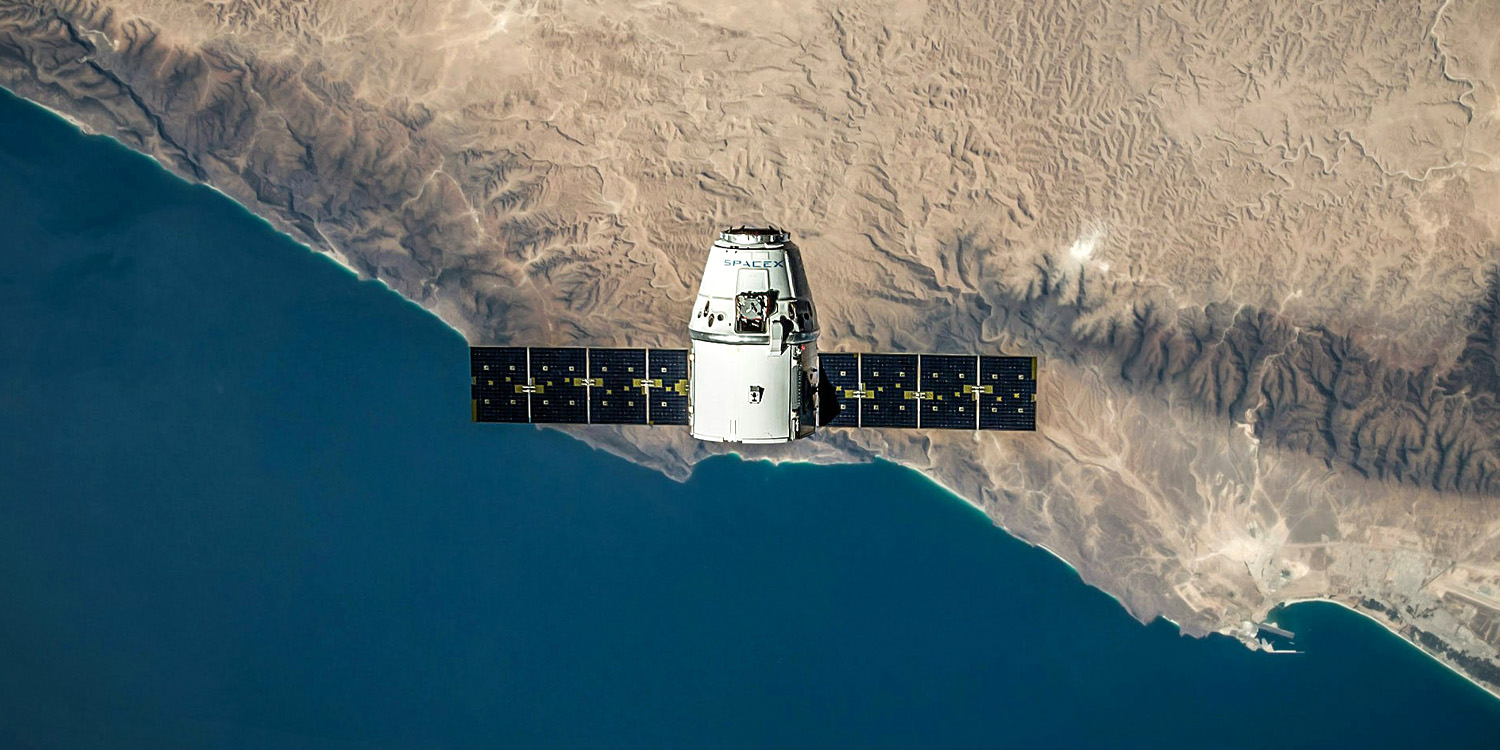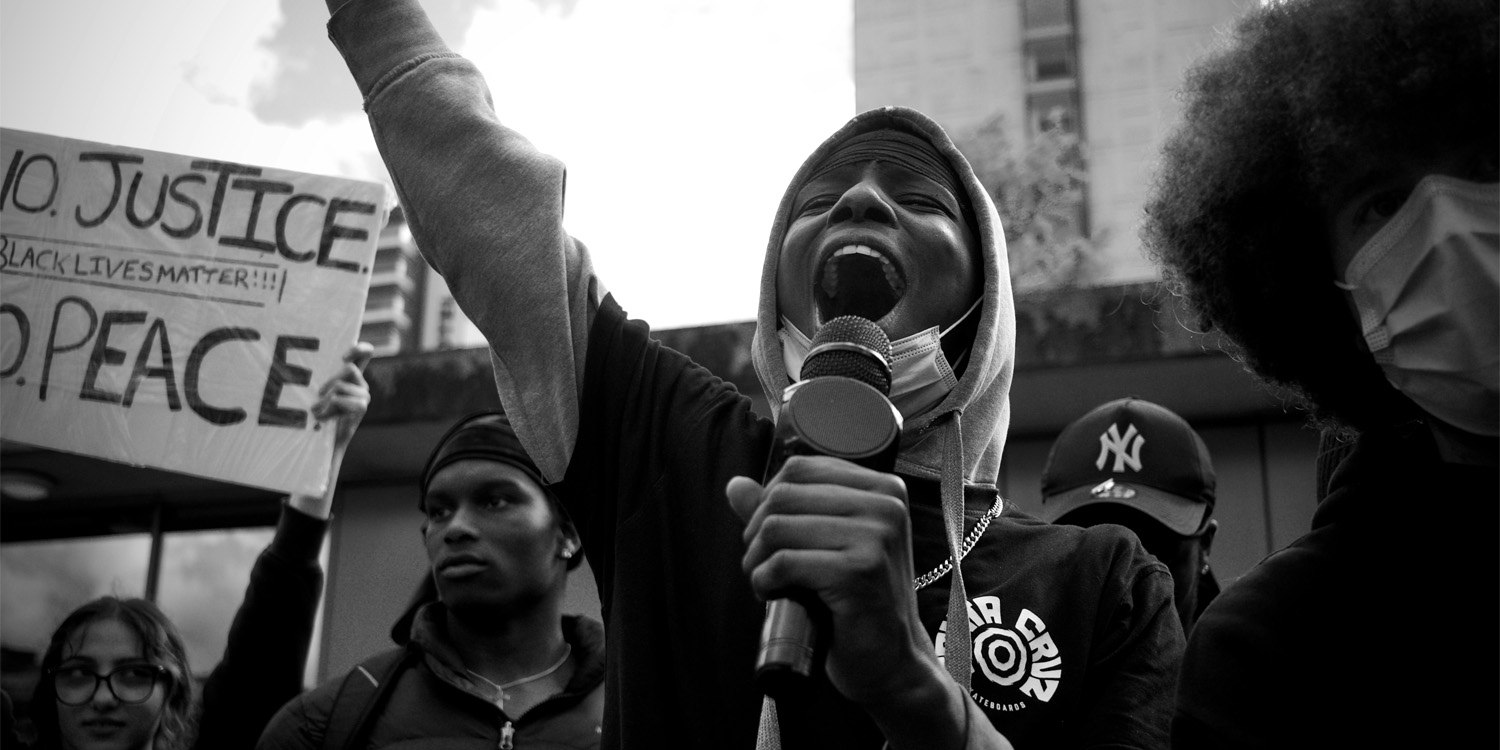This page provides details of featured presentations, the conference schedule and other programming. For more information about presenters, please visit the Speakers page.
Conference Outline
Location: Tokyo Garden Terrace Kioicho Conference Center, Tokyo
11:30-12:30: Conference Check-in | Main Room (4F)
12:30-12:35: Announcements | Main Room (4F) & Online
12:35-13:00: Welcome Addresses & Recognition of IAFOR Scholarship Winners | Main Room B & Online
Joseph Haldane, IAFOR, Japan
13:00-14:30: Panel Presentation | Main Room (4F) & Online
The Work of the University in Perilous Times
Donald Hall, Binghamton University, United States
Can Today’s Universities Contribute to a Better Future?
Umberto Ansaldo, University of Hong Kong, Hong Kong
Moderated Q & A session
14:30-14:50: Coffee Break
14:50-15:15: Keynote Presentation | Main Room (4F) & Online
Navigating Polarising Discourses: Cultivating Values-based Literacies in a Multimodal Society
Johan Edelheim, Hokkaido University, Japan
15:15-15:40: Q & A Session | Main Room (4F) & Online
15:45-16:10: Keynote Presentation | Main Room (4F) & Online
Satellite Constellations and National Communities
Thor Kerr, Curtin University, Australia
16:10-16:25: Q & A Session | Main Room (4F) & Online
16:25-16:40: Conference Photograph
17:30-19:30: Welcome Reception | The Public Red
This is a free event open to all registered delegates.
Location: Toshi Center Hotel, Tokyo
09:00-09:30: Conference Check-in | Subaru Room (5F)
09:30-10:15: Panel Presentation | Orion Hall (5F) & Online
Ethics and Care in Sole Custody Policy
Grant Black, Chuo University, Japan
Rokuro Tabuchi, Sophia University, Japan
10:15-10:30: Coffee Break
10:30-12:30: Forum Discussion | Orion Hall (5F)
Discussions on Global Citizenship
12:30-14:00: Lunch Break
14:00-15:00: Haiku Workshop | Orion Hall (5F)
15:00-15:30: Extended Coffee Break | Subaru (5F)
15:30-16:30: Conference Poster Session | Orion Hall (5F)
19:00-21:00: Conference Dinner | Shunju Tameikesanno
This is a ticketed event.
Location: Toshi Center Hotel, Tokyo
08:30-09:30: Conference Check-in (7F)
09:30-11:10: Onsite Parallel Session 1
Room 603: Politics and Social History
Room 604: Psychology and Social Psychology
Room 605: Psychology in Education
Room 607: Economics and Management
Room 608: Language, Linguistics
Room 701: Cultural Studies
Room 703: Teaching and Learning
Room 704: Spatial and Public Arts
Room 705: Architecture, Culture and Politics
Room 707: Cultural Studies
Room 708: Globalisation in Arts and Social Sciences (Workshops)
11:10-11:25: Coffee Break
11:25-12:40: Onsite Parallel Session 2
Room 603: Global Citizenship
Room 604: Community Development
Room 605: Leadership in Education
Room 607: Politics and Economic Management
Room 608: Language, Linguistics
Room 701: Sexuality and Gender in the Arts
Room 703: Other Humanities
Room 704: Music and Arts
Room 705: Architecture and Urban Design Studies/Design
Room 707: Buddhism Literature
Room 708: Teaching and Learning the Arts (Panel)
12:40-12:55: Coffee Break
12:55-14:35: Onsite Parallel Session 3
Room 603: Health and Public Policy
Room 604: Immigration, Refugees, Race, Nation
Room 605: AI and Media
Room 607: AI in Economics and Management
Room 608: Literature/Literary Studies
Room 701: Difference
Room 703: Teaching and Learning in the Arts
Room 704: Media, Film Studies, Theatre, Communication
Room 705: Media and Society
Room 707: Cultural and National Identities
Room 708: Science, Environment and the Humanities (Workshop)
14:35-14:50: Coffee Break
14:50-16:30: Onsite Parallel Session 4
Room 603: Urban Development and Sustainability
Room 604: Immigration, Refugees, Race, Nation
Room 605: Digital Literacy in Education
Room 607: Economic Management
Room 608: Literature/Literary Studies
Room 701: First Nations and Indigenous Peoples
Room 703: Teaching and Learning
Room 704: Media, Film Studies, Theatre, Communication
Room 705: Media and Journalism
Room 707: Cultural Values
Room 708: Media and Film Studies (Panel)
16:30-16:45: Coffee Break
16:45-18:25: Onsite Parallel Session 5
Room 603: Ethnicity and Identity
Room 604: International Relations and Human Rights
Room 605: Research Methodologies, Quantitative and Qualitative
Room 607: Economic Management
Room 608: Literature/Literary Studies
Room 701: Religion, Spirituality
Room 703: Teaching and Learning
Room 704: Aesthetics and Design
Room 705: No Session
Room 707: Comparative Literature and Cultural Studies
Room 708: No Session
18:25-19:10: Cultural Event | Room 701 (7F)
Kimono Workshop
This is a free event open to all registered delegates.
Location: Toshi Center Hotel, Tokyo
08:30-09:30: Conference Check-in (7F)
09:30-11:10: Onsite Parallel Session 1
Room 603: Peace and Conflicts
Room 604: Teaching and Learning
Room 605: Comparative Sociology
Room 607: Teaching and Learning Experiences
Room 608: Science, Environment and the Humanities
Room 701: Performing Arts Practices
Room 703: Teaching and Learning the Arts
Room 704: Higher Education in Cultural Studies
Room 705: Comparative Cultural Studies
Room 707: History/Historiography
11:10-11:25: Coffee Break
11:25-12:40: Onsite Parallel Session 2
Room 603: Cultural Demography
Room 604: Virtual Reality in Social Sciences
Room 605: Psychology and Social Psychology
Room 607: Education and Teacher Development
Room 608: Science, Environment and the Humanities
Room 701: Media Arts Practices
Room 703: Education and Pedagogy
Room 704: Culture, Education and Pedagogy
Room 705: Gender in Literature
Room 707: Media, Film Studies, Theatre, Communication
12:40-12:55: Coffee Break
12:55-14:35: Onsite Parallel Session 3
Room 603: Interdisciplinary Perspectives on Gender
Room 604: Technology in Teaching and Learning
Room 605: Mental Health and Psychology in Education
Room 607: Comparative Studies on Health
Room 608: Environment and Immigration
Room 701: Aging and Arts
Room 703: Comparative Education
Room 704: Literary and Media Studies
Room 705: Culture in Politics & Politics in Culture
Room 707: Media Arts Practices
14:35-14:50: Coffee Break
14:50-16:30: Onsite Parallel Session 4
Room 603: Arts Theory and Criticism
Room 604: Teacher's Capacity Development
Room 605: Psychology and Social Psychology
Room 607: Education and Modern Skills
Room 608: Sustainability
Room 701: Food and Culture
Room 703: Teaching and Learning
Room 704: Culture in Language Education
Room 705: Gender Studies and Feminism
Room 707: Interdisciplinary Arts and Humanities
16:35-16:50: Onsite Closing Session | Room 701 (7F)
Location: Online via Zoom
08:55-09:00: Message from IAFOR
09:00-09:40: Keynote Presentation | Online
Possibilities of Change: Surviving the Times of Conflict
Ishmeet Kaur Chaudhry, Central University of Gujarat, India
09:40-11:20: Online Parallel Session 1
Room A (Live-Stream): Teaching and Learning Experiences
Room B (Live-Stream): Comparative Gender Studies
Room C (Live-Stream): Special Topics and Concerns in the Community
Room D (Live-Stream): Subculture Politics
11:20-11:30: Break
11:30-13:10: Online Parallel Session 2
Room A (Live-Stream): Education and Social Welfare
Room B (Live-Stream): Social, Political and Community Agendas in the Arts
Room C (Live-Stream): Literature/Literary Studies
Room D (Live-Stream): Immigration, Refugee, Race, Nation
13:10-13:20: Break
13:20-15:00: Online Parallel Session 3
Room A (Live-Stream): Cultural Studies
Room B (Live-Stream): Political Science
Room C (Live-Stream): Teaching and Learning
Room D (Live-Stream): Ethnicity and Identity
15:00-15:10: Break
15:10-16:50: Online Parallel Session 4
Room A (Live-Stream): Cultural Studies
Room B (Live-Stream): Environment and the Humanities
Room C (Live-Stream): Interdisciplinary in the Arts
Room D (Live-Stream): Comparative Literature Studies
16:50-17:00: Closing Message from IAFOR
The above schedule may be subject to change.
Featured Presentations
-
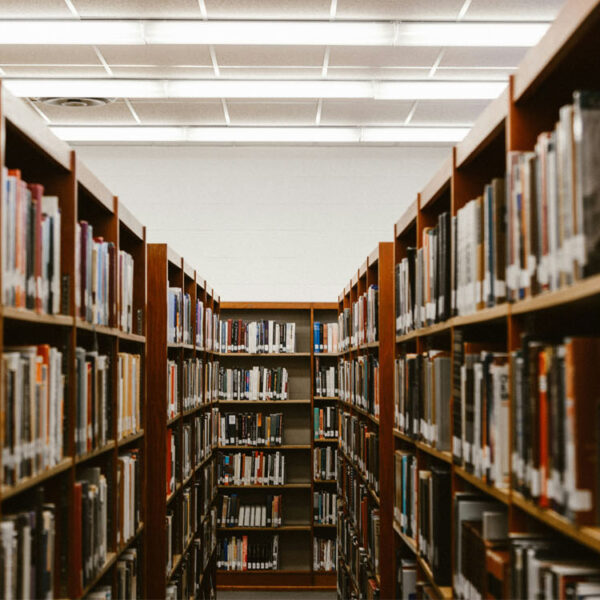 The Work of the University in Perilous TimesKeynote Presentation: Donald E. Hall
The Work of the University in Perilous TimesKeynote Presentation: Donald E. Hall -
 Can Today’s Universities Contribute to a Better Future?Keynote Presentation: Umberto Ansaldo
Can Today’s Universities Contribute to a Better Future?Keynote Presentation: Umberto Ansaldo -
 Navigating Polarising Discourses: Cultivating Values-Based Literacies in a Multimodal Societycultivating-values-based-literacies
Navigating Polarising Discourses: Cultivating Values-Based Literacies in a Multimodal Societycultivating-values-based-literacies -
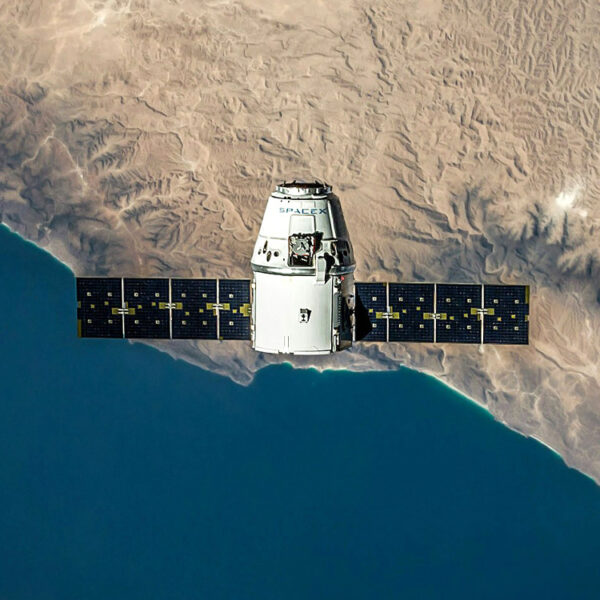 Satellite Constellations and National CommunitiesKeynote Presentation: Thor Kerr
Satellite Constellations and National CommunitiesKeynote Presentation: Thor Kerr -
 Ethics and Care in Sole Custody PolicyPanel Presentation: Grant Black
Ethics and Care in Sole Custody PolicyPanel Presentation: Grant Black -
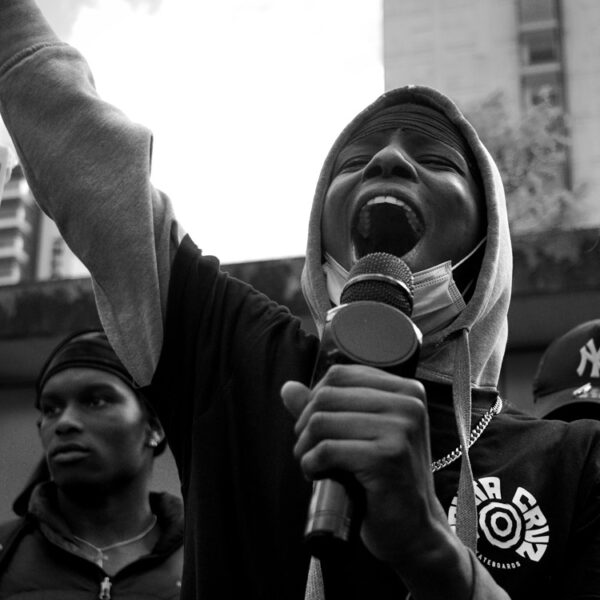 Possibilities of Change: Surviving the Times of ConflictKeynote Presentation: Ishmeet Kaur
Possibilities of Change: Surviving the Times of ConflictKeynote Presentation: Ishmeet Kaur
Conference Programme
The draft version of the Conference Programme will be available online on April 15, 2024. All registered delegates will be notified of this publication by email.
*Please be aware that the above schedule may be subject to change.
Important Information Emails
All registered attendees will receive an Important Information email and updates in the run-up to the conference. Please check your email inbox for something from "iafor.org". If you can not find these emails in your normal inbox, it is worth checking in your spam or junk mail folders as many programs filter out emails this way. If these did end up in one of these folders, please add the address to your acceptable senders' folder by whatever method your email program can do this.
Pre-Recorded Virtual Presentations
A number of presenters have submitted pre-recorded virtual video presentations. We encourage you to watch these presentations and provide feedback through the video comments. A full list of these is on the conference website.
Previous Programming
View details of programming for past ACSS conferences via the links below.
